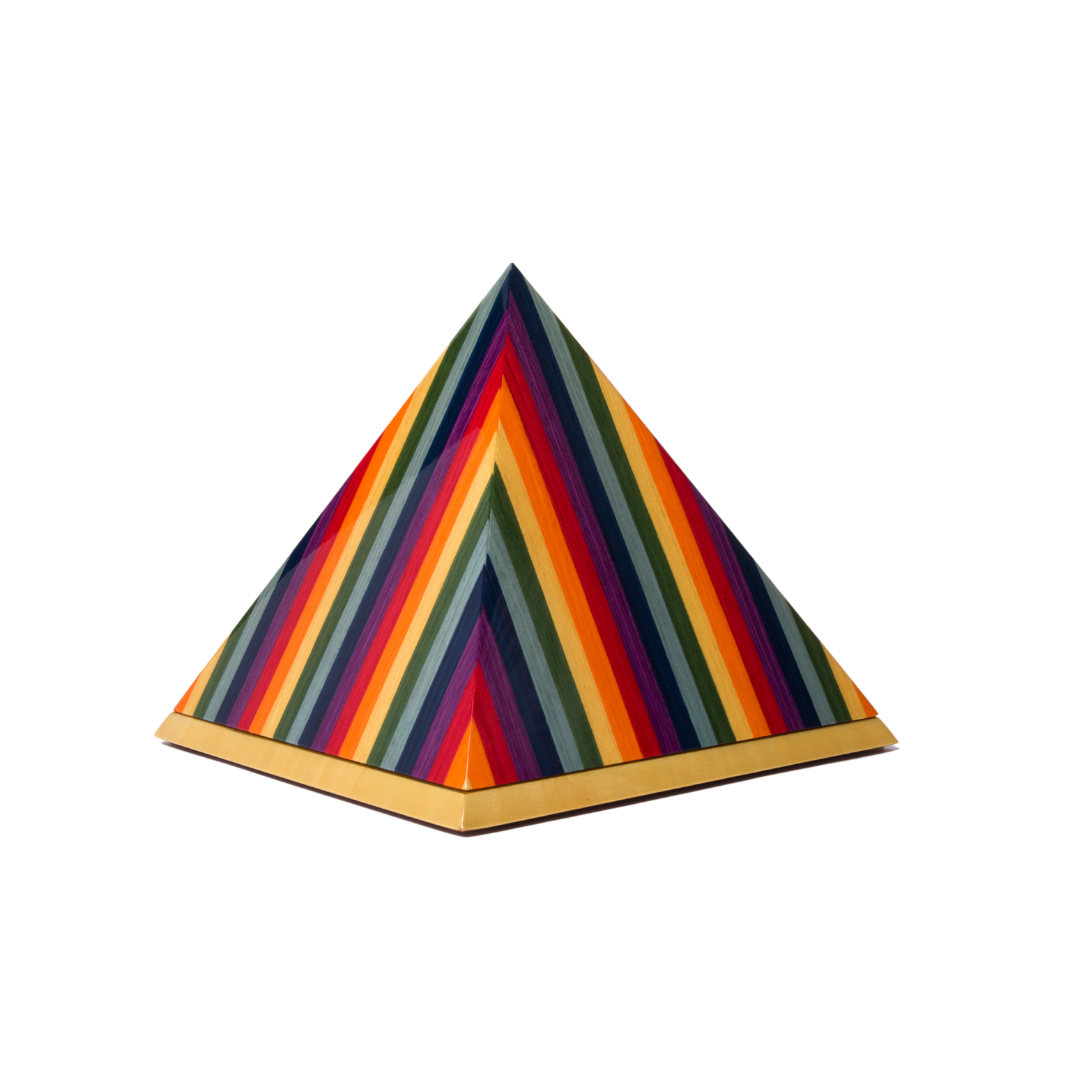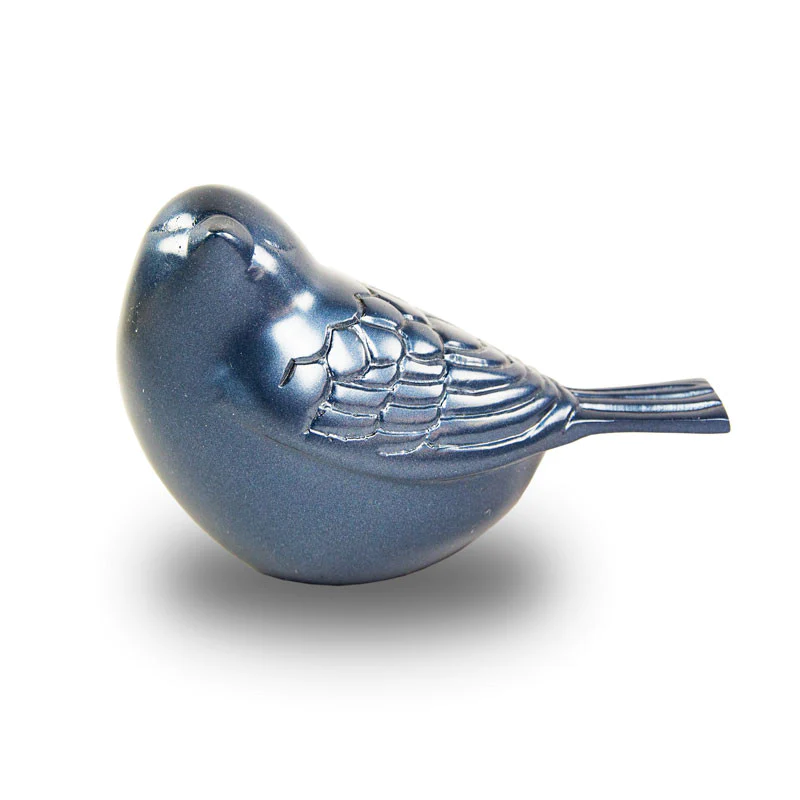

Learn how to build a certification program for funeral advisors that improves client care, staff confidence, and service excellence in memorial planning.
As the funeral industry evolves, so too must the people who guide grieving families through some of life’s most emotionally complex moments. The role of a funeral advisor—also known as a funeral arranger, planning consultant, or memorial guide—is no longer just about logistics. It’s about empathy, cultural fluency, and offering support that’s as informed as it is human.
Whether you run a funeral home, manage a memorial planning company, or work in end-of-life care, creating a structured training or certification program for funeral advisors is one of the most impactful investments you can make. This post outlines why certification matters, what training should include, and how to structure a program that elevates service standards while improving client trust and satisfaction.
Why Certification for Funeral Advisors Matters
Funeral advising is one of the few deeply personal services with relatively low training requirements in many regions. While licensed funeral directors undergo rigorous preparation, not every staff member engaging with families is formally trained. This can lead to inconsistent experiences, miscommunication, or even unintentional insensitivity during grief.
Implementing a certification program solves this by:
-
Ensuring consistent, professional service across your team
-
Increasing client confidence and satisfaction
-
Establishing your organization as a leader in modern memorial care
-
Improving staff retention through skill development and recognition
-
Preparing advisors for the emotional, cultural, and technical aspects of the role
For families, working with a certified advisor can feel like a warm light in a dark time—someone who truly knows how to guide them.
Who Needs Certification?
Not all staff may require full certification, but the following roles benefit from formal training:
-
Frontline funeral arrangers or consultants
-
Customer service staff interacting with bereaved families
-
Memorial product sales professionals
-
Hospice liaisons or aftercare coordinators
-
Digital service providers (virtual grief support, memorial websites, etc.)
In short, anyone representing your brand during or after a death should be prepared with the sensitivity and structure a certification program offers.
Core Components of a Certification Program
While every funeral organization is unique, a foundational training program should include the following modules:
1. Grief Psychology and Communication Skills
Understanding grief is non-negotiable. Advisors should learn:
-
Stages and types of grief
-
How different people grieve (children, spouses, friends)
-
Active listening techniques
-
Trauma-informed communication
-
Supporting clients without overstepping emotional boundaries
Include case studies and scripts to help advisors practice empathy in action.
2. Cultural and Religious Literacy
Funerals vary widely by faith, culture, and personal preference. Advisors should know:
-
Common traditions across major religions (Christianity, Judaism, Islam, Hinduism, Buddhism, etc.)
-
Secular and spiritual service types
-
Dos and don’ts for various rituals
-
Inclusive language for multifaith or non-religious families
Consider inviting guest educators from interfaith or cultural organizations.
3. Legal and Ethical Standards
Advisors don’t need to be lawyers—but they should understand:
-
Required documentation (e.g., death certificates, cremation forms)
-
Consumer rights under the FTC Funeral Rule
-
Handling of remains (cremation vs. burial laws)
-
Ethical sales practices, especially when offering memorial products
This is especially important for roles that involve upselling or contract negotiation.
4. Memorial Product Knowledge
Whether advising on urns, keepsake jewelry, or scattering ceremonies, staff should:
-
Understand product types, materials, and personalization options
-
Recommend options based on family needs and budget
-
Use correct terminology and measurements
-
Demonstrate how to use, clean, or store memorial items
Consider hands-on product demos or links to online training tools from partners like Oaktree Memorials.
5. Planning Tools and Digital Platforms
Today’s funeral advisors may be managing:
-
Digital service planning tools
-
Virtual memorial events (e.g., Zoom or Vimeo platforms)
-
Online tribute pages or fundraising
-
Digital signatures and cloud-based documents
Training should prepare them to offer tech-forward, confident guidance.
6. Self-Care and Burnout Prevention
Serving the bereaved is rewarding—but also draining. Certification should include:
-
Recognizing signs of emotional burnout
-
Coping strategies for difficult days
-
When and how to seek support
-
Encouraging a healthy work-life balance
Sustaining a compassionate workforce requires caring for the caregivers.
Optional Advanced Modules
You might offer a second-level certification or continuing education courses on:
-
Pet memorialization and grief
-
Green funerals and eco-certification standards
-
Social media etiquette in mourning
-
Crisis support during sudden or traumatic deaths
-
Sales leadership and team management
These can be added annually to keep staff engaged and skills fresh.
Structuring the Program
Here’s a sample framework for launching your own certification program:
1. Orientation & Welcome
Set the tone with your organization’s values and the purpose of certification.
2. Online + In-Person Modules
Blend video lessons, live workshops, and practical sessions.
3. Written Exam or Knowledge Quiz
Assess understanding of key terms, ethics, and customer service practices.
4. Role-Play or Scenario Assessment
Evaluate how advisors handle real-life situations, objections, or sensitive moments.
5. Certificate + Continuing Education Credits
Award an official certificate with annual refreshers required to stay active.
Many funeral homes partner with local colleges, industry associations, or platforms like CANA or ICCFA to design structured programs or issue recognized credits.
How to Launch the Program Internally
If you're starting from scratch, begin with a pilot. Choose a small group of advisors and:
-
Build 1-2 modules in-house or with consultants
-
Track customer feedback before and after certification
-
Adjust based on what resonates with staff
Promote certified staff on your website, in funeral planning brochures, or in B2B partnership presentations.
You can also offer certification to external partners—like hospice or social work staff—as a way to extend your brand and build referrals.
Promoting Certification to Clients
Families may not know what a “certified advisor” is—so tell them:
-
Include bios on your website with a certification badge
-
Add a line to your email signature: “Certified Funeral Advisor, Class of 2025”
-
Offer a handout or digital brochure explaining what certification means
-
Share testimonials from clients who appreciated your team’s care
Certification becomes a quiet but powerful trust-builder.
Final Thoughts
In a profession where compassion meets complexity, training funeral advisors is not just a luxury—it’s a necessity. A well-crafted certification program elevates your entire organization while empowering staff to offer the confident, kind, and culturally sensitive support families deserve.
From memorial product knowledge to cross-cultural fluency, a trained advisor is the heartbeat of every meaningful funeral experience.
At Oaktree, we’re honored to partner with organizations who believe in raising the bar. For modern, customizable urns, jewelry, and digital resources to support your training and planning programs, explore our collections and let’s serve families better, together.
FAQs
What are the shipping options for my memorial?
Oaktree offers free nationwide shipping on all urns and cremation jewelry items, with delivery typically taking 2-5 business days, including processing time. Need it sooner? Expedited shipping (overnight or 2-day) is available at checkout for an additional cost, and we will also prioritize processing for faster delivery. If you need international shipping, please contact us first to confirm availability and rates.
How long will it take for my engraved item to arrive?
Engraved urns and cremation necklaces require an additional 1-3 business days for personalization before shipping. If you need faster delivery, please contact us—we’ll do our best to expedite processing and accommodate your timeline. Expedited shipping options are also available at checkout to ensure your memorial arrives as soon as possible.
What do I do if I never received my order?
If your order hasn’t arrived within 10 business days, please contact us so we can track your shipment and resolve any issues. We’ll ensure your memorial reaches you as soon as possible.
What do I do if I received a defective order?
If your order arrives damaged or defective, contact us right away. We take pride in our high-quality craftsmanship and will work quickly to replace or repair your item at no additional cost.
Can I return my urn or cremation necklace? What is your return policy?
Oaktree offers a 100-day return and exchange policy for non-engraved items. Due to personalization, engraved urns are final sale and cannot be returned. For full details on how to start a return or exchange, visit our Returns & Exchanges page.
How do I make changes to an urn I’ve already ordered?
If you need to modify an order, contact us as soon as possible. If your urn is already engraved, we may not be able to make changes, but we’ll do our best to accommodate your request before processing.
How are your urns made? Where do the materials come from?
Oaktree’s urns are handcrafted in the USA and Europe using sustainable, locally sourced materials. Our artisans ensure each piece is beautifully designed and built to honor your loved one’s memory with care.
How do I choose the right urn size?
Each product page includes detailed dimensions, weight capacity, and cubic inches to help you select the right urn. As a general guide, 1 cubic inch holds 1 pound of pre-cremation weight. If you need help choosing, feel free to contact us.
Some urns are marked as “sold out.” When will they be available?
Our handmade urns may take a few weeks to restock. If you’re interested in a specific style, contact us for an estimated restock date, and we’ll notify you when it’s available.
Does Oaktree place the ashes into my urn?
Yes, we offer an optional ash transfer service for an additional fee. If you’d like us to handle this process, please contact us when placing your order. You’ll need to mail the ashes to us, and we’ll carefully transfer them into your selected urn.
How do I transfer ashes into my urn?
Cremated remains typically arrive in a sealed plastic bag inside a plastic container. To transfer them, simply place the sealed bag inside your urn. If needed, use a funnel for precise placement. If you have any concerns, our team is happy to assist.
How do I order an engraved urn?
To personalize your urn, select “Yes” under “Would you like your item engraved?” on the product page. If you’d like a custom design beyond standard engraving, contact us and we’ll explore options to create a unique tribute.
Can my urn be shipped directly to a funeral home?
Yes! During checkout, you can enter the funeral home’s address for direct shipping.
Can I customize my urn beyond engraving?
Yes! In addition to engraving, we offer custom design services, including unique finishes, symbols, or artwork. If you’d like to personalize your urn beyond standard options, contact us to discuss customization possibilities.
What materials are Oaktree urns made from?
Our urns are crafted from premium materials such as wood, ceramic, marble, metal, and biodegradable materials. We focus on sustainable sourcing and high-quality craftsmanship to create lasting memorials.
Do you offer keepsake urns or mini urns?
Yes, we offer keepsake urns and mini urns, which are smaller versions designed for sharing ashes among family members or keeping a small portion as a personal tribute.
Can I pre-order an urn for future use?
Absolutely! Many customers choose to pre-order an urn in advance. This ensures availability and allows for customization without time constraints. Contact us to arrange a pre-order.
Do you offer pet urns?
Yes, we provide a range of pet memorial urns designed to honor beloved pets. These are available in different materials and sizes to suit dogs, cats, and other pets.
How do I clean and maintain my urn?
Urns require gentle care to maintain their beauty. Use a soft cloth and mild cleaner for metal or ceramic urns. Avoid direct sunlight and moisture to preserve wood urns. Contact us for specific care instructions based on your urn’s material.
Can I travel with an urn? Are they TSA-approved?
Most Oaktree urns are TSA-compliant, making them safe for air travel. Choose a non-metal urn to ensure easy screening. We recommend carrying the urn in your carry-on bag and bringing the cremation certificate from the funeral home.
How do I track my order?
Once your order ships, we’ll send you a tracking number via email. You can use this to monitor the shipment status. If you don’t receive tracking details, contact us for assistance.
How do I contact Oaktree if my question isn’t answered here?
We’re happy to assist! Visit our Contact Us page to reach us via email, chat, or phone. Our compassionate team is ready to help.







